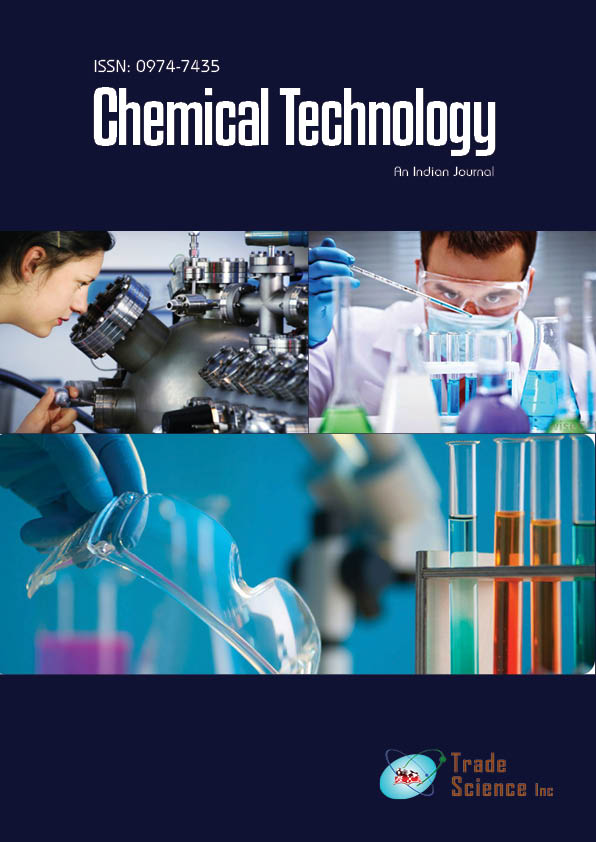抽象的
Effect of temperature and hydrochloric acid on the ultrasonic degradation of poly acrylic acid in aqueous solutions
AbbasMehrdad, Nasrin Samadiani
The ultrasonic degradation of polyacrylic acid was carried out in water and aqueous hydrogen chloride solutions.Some of kineticsmodels are used to obtain of rate constants. The calculated rate constants reveals that rate of degradationwere decreased by increasing temperature and decreasingultrasound power. Also the effect of hydrochloric acid on the rate of degradationwas interpreted in terms of absolute viscosity and intrinsic viscosityof polymer.The rate of degradationslightlywasaffectedbyconcentrationofhydrochloric acid.Byaddinghydrochloric acid the absolute viscosity and intrinsic viscosityof polyacrylic acid decreased.A reduction in the first factor accelerates the rate of degradation; whereas the second factor reduces the rate of degradation.Byaddinghydrochloric acid the ionization of ionizable groups were suppressed; therefore, the chains of poly acrylic acid shrinks and the end-to-end distance of polymer chains become smaller by adding hydrochloric acid in poly acrylic acid solutions; therefore, strain ratewere reduced and the degradation rate decreases too.By considering that, the twomentioned factors have the opposite effect on the rate of degradation, consequently the rate of degradation do not affected byadding hydrochloric acid in polyacrylic acid solutions.
